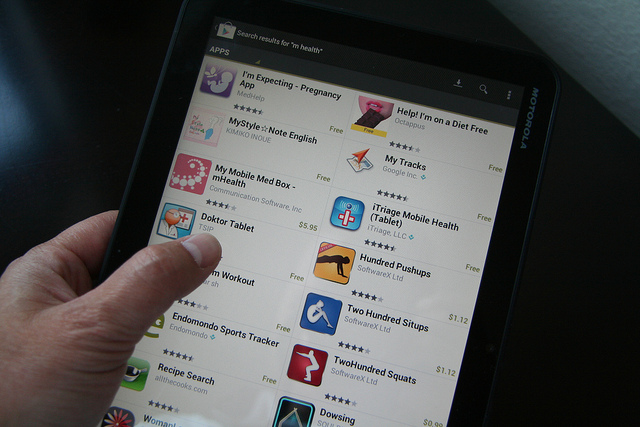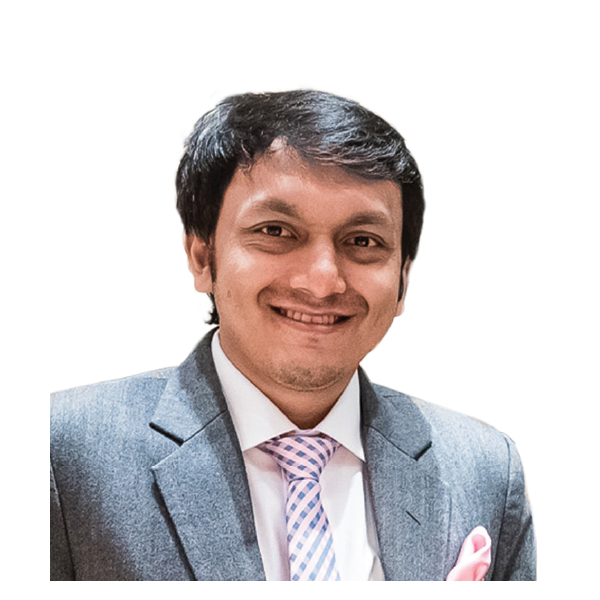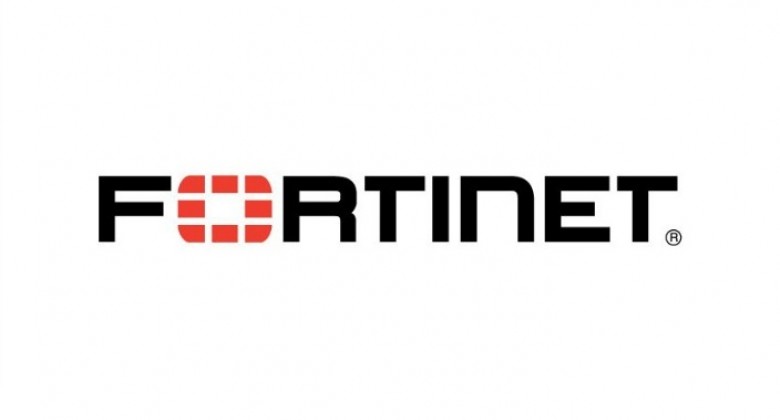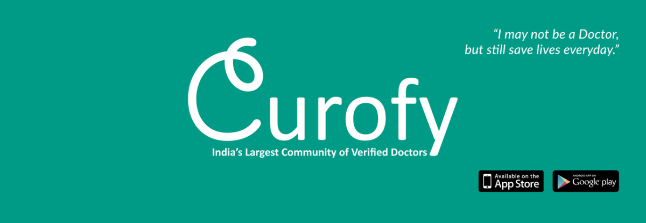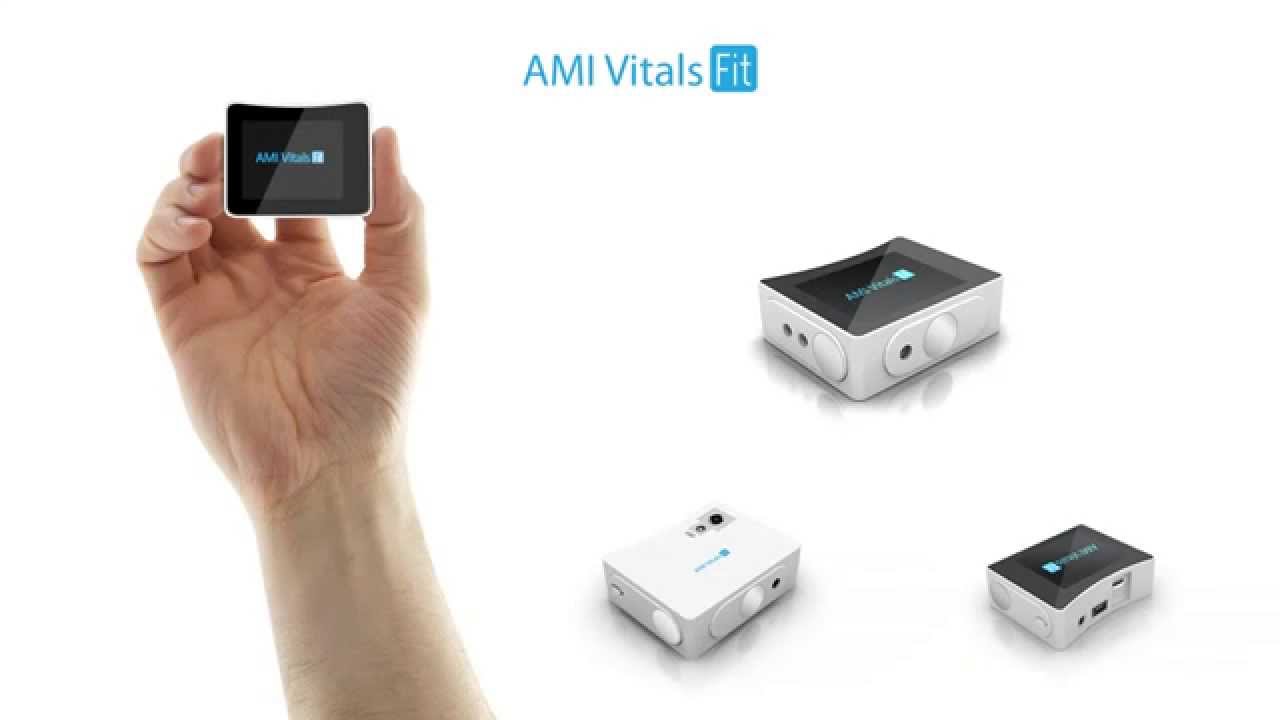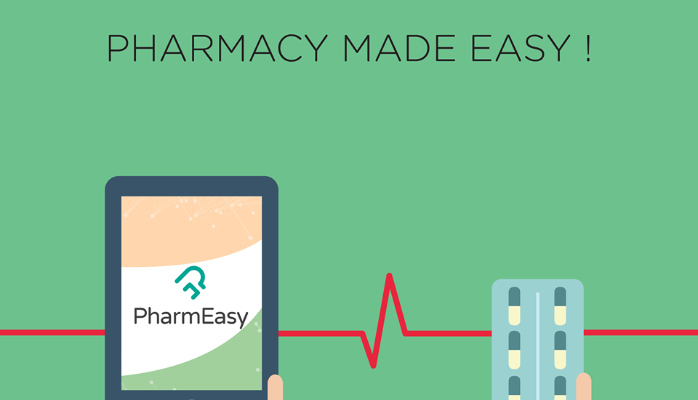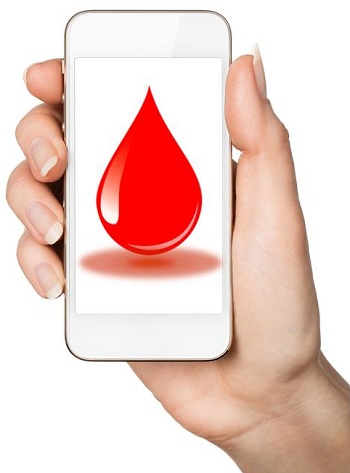Four years ago, five friends in Mumbai decided to do something to save lives. Today, their ambulance service, 1298, is bowling along on the high road to Harvard Business School, where it is likely to be taught as a case study in social entrepreneurship. A team of post-grad students from the Harvard Kennedy School-widely considered as one of the best schools for leadership studies-visited the 1298 office at Bandra Kurla Complex last week. This was the second batch of students that visited Mumbai for the purpose. The students were told about how the service was born with seed money from five young professionals, modelled on the cross-subsidy principle and scaled up from 10 ambulances in 2005 to the current fleet of 51. The exchange was an engaging one, with enthusiastic questions about how 1298 was made sustainable, the challenges along the way and whether the team trusted citizens enough to pay after reaching the hospital. One of the founders, Sweta Mangal, explained that as they had no marketing budget in the beginning, they used innovative branding devices like painting the fleet yellow to make their ambulances stand out on the crowded Mumbai street. “We networked with hospitals (which receive the maximum calls for an ambulance) and conducted radio campaigns to spread the word,” Mangal told the students. “When we learnt that in the West the concept of ambulances was drilled in from a young age, we started first-aid training across schools and colleges.” Another partner, Shaffi Mather, said they had researched ambulance models across the globe and concluded that a cross-subsidy model worked best. Accordingly, patients taken to private hospitals are charged the full fare, those going to public hospitals pay a subsidised fee and accident/calamity victims are ferried free of cost. “We realised the subscription model wouldn’t work in a city like Mumbai where less than 8% of the population pays for medical insurance ,” said Mather, who quit his cushy corporate job and hooked up with his batchmates from a US business school-Ravi Krishna, Naresh Jain and Manish Sancheti-to start the project. They tied up with the London Ambulance Service where Mather had interned for three months. Today, they have ferried nearly 50,000 patients in Mumbai. This was one among several other projects (including Mumbai’s housing problems) that the Harvard students are examining. India has always been a fertile ground for social entrepreneurship, with many success stories-such as the SEWA movement in Ahmedabad and Amul in Anand-to its credit. The students said they had picked up invaluable lessons in Mumbai. “I got to take away from India more than an ordinary tourist,” said Samantha Black. Another student, Sam Lee, who is particularly interested in social entrepreneurship, said he was inspired by the 1298 story. “We have been searching for effective innovative models that can be replicated elsewhere. This model worked within the existing constraints in India, which is why the interaction was of particular interest,” said Lee, who works with the social enterprise initiative at Harvard. For many like Anjali Doshi (27), the experience was an insight into another world. “We take EMS (emergency medical services) for granted back home and it helped me understand opportunities and challenges in the global context,” she said.

Be a part of Elets Collaborative Initiatives. Join Us for Upcoming Events and explore business opportunities. Like us on Facebook , connect with us on LinkedIn and follow us on Twitter , Instagram.


